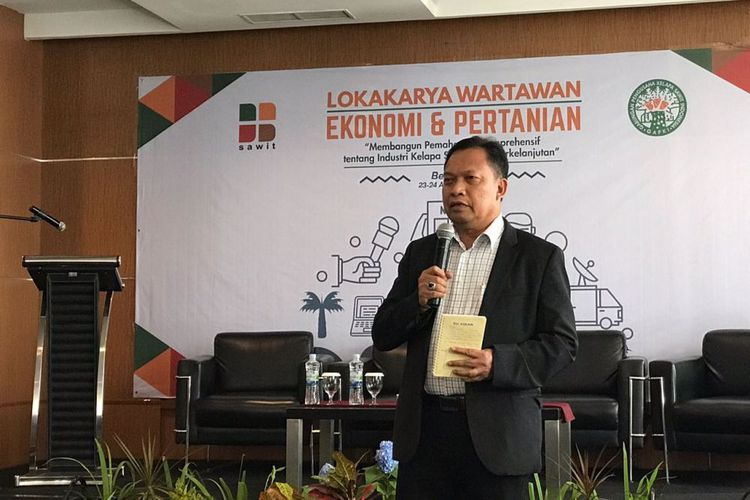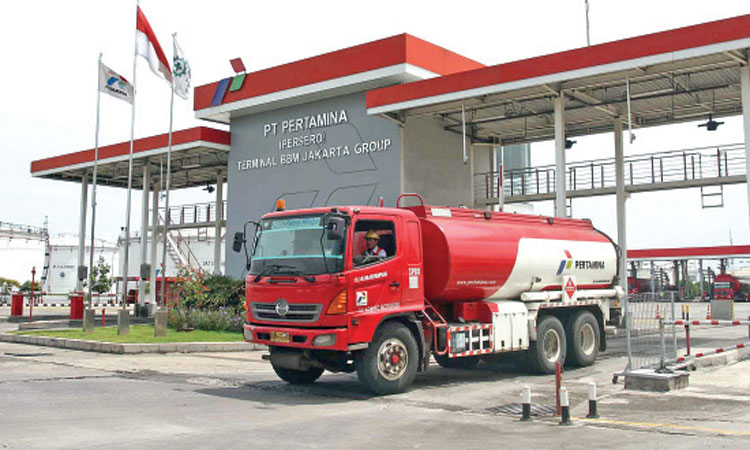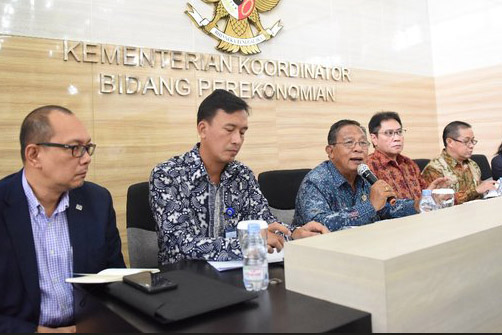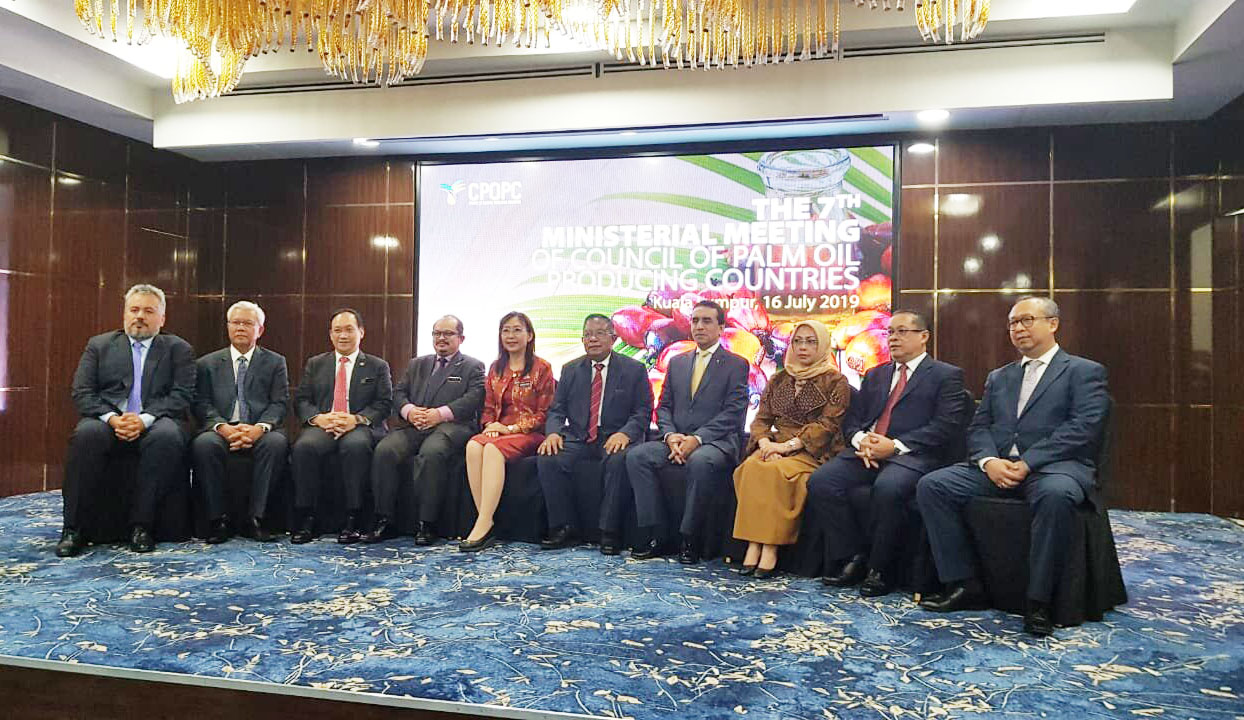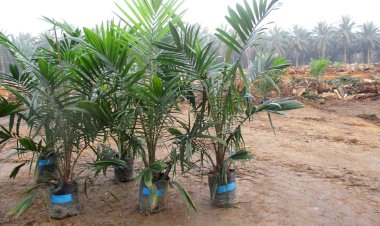Govt Denies Biodiesel Subsidies Allegation
INDONESIAN Government and palm oil business leaders denied biodiesel subsidies allegation in the European Union that drove the European Commission to propose anti-subsidy tariffs.
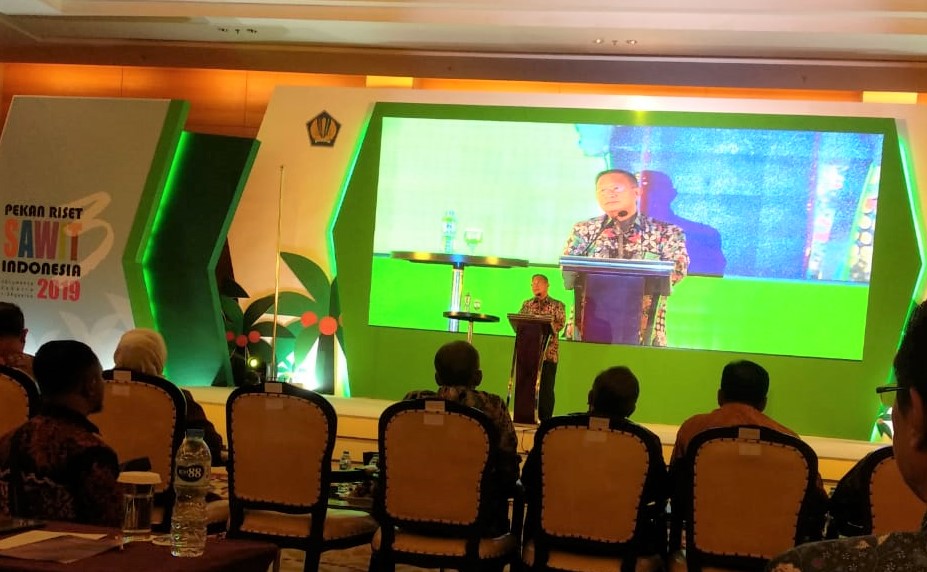
JAKARTA--Indonesian Government and palm oil business leaders denied biodiesel subsidies allegation in the European Union that drove the European Commission to propose anti-subsidy tariffs. Coordinating Economic Minister Darmin Nasution said that biodiesel sector receives incentive funds disbursed by the Indonesia Oil Palm Plantation Fund Management Agency (BPDPKS). The source of the funds is not from the State Budget (APBN) but from levies collected from palm oil exporters.
Darmin said the incentives are distributed to the palm oil industry as a whole, not limited to biodiesel producers only so that it can’t be categorized as subsidies. “Since the incentives are for the industry as a whole, they can’t be considered as subsidies,” Darmin said at the Palm Oil Research Week 2109 in Jakarta, Thursday (1/8/2019).
Earlier, the European Commission proposed duties ranging between 8 and 18% on imports of biodiesel from Indonesia to counter what it says are unfair subsidies. Dono Boestami, President Director of BPDPKS reiterated Darmin’s statement, saying that the EU might have misunderstood the disbursement of palm oil funds to biodiesel producers. The funds are collected from palm oil exporters and the agency redistributed them as incentives to biodiesel producers.
“They are not government subsidies. The funds are collected from the palm oil industry and given back to the industry,” Dono said at a talk show in Metro TV (31/7/2019). Chairman of the Indonesian Palm Oil Association (Gapki) Joko Supriyono had the same opinion. He said the EU has misperception on incentives disbursement. “This is a matter of perception and the EU has misperception that the incentives are subsidies. It is not government funding,” Joko said. ***


